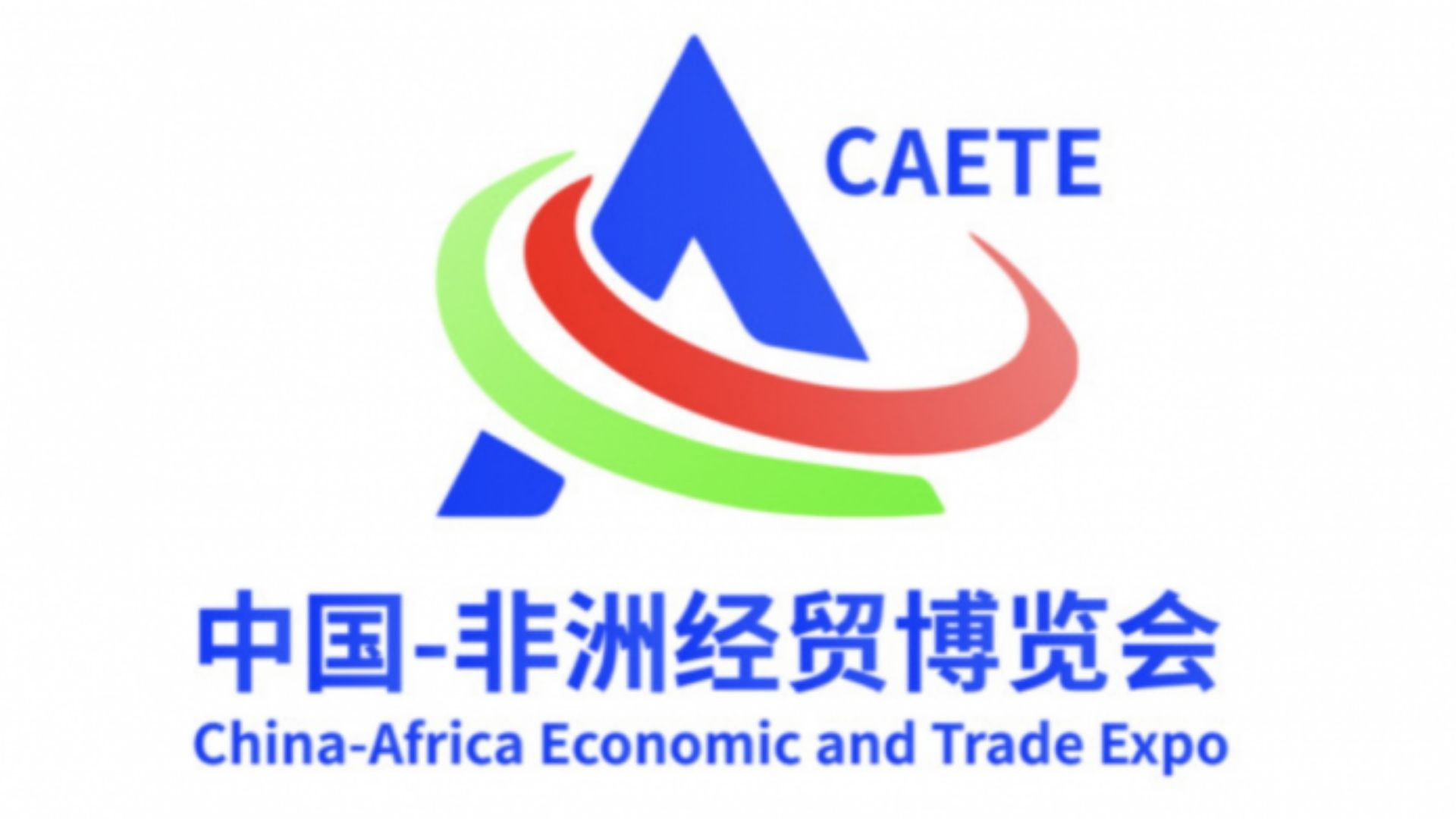
Opinion: China-Africa Economic and Trade Expo chance for Africa to grow its manufacturing capacity
A total of 53 African countries will participate in the first China-Africa Economic and Trade Expo. The expo, launched under the framework of the Forum on China-Africa Cooperation (FOCAC), seeks to establish new models for economic and trade cooperation between Africa and China.
 By 2011, China became the largest individual trading partner for the region.
By 2011, China became the largest individual trading partner for the region.
The scale and volume of trade between Africa and China has grown exponentially from just US$10 billion in 2000 to US$204.2 billion in 2018. Consequently, China has become Africa’s foremost development partner as its trade, investment, and aid ties with the region have also increased remarkably in the last three decades.
Growing trade links with China have allowed African countries to diversify their export base.
However, trade imbalance persists in the Sino-Africa bilateral exchange. Africa mostly exports crude oil, iron, zinc, cobalt, titanium, zinc, copper, cobalt and tobacco for its growing industrial and manufacturing needs. Africa in turn imports machinery and electronics, and consumer goods.
The large and disconcerting trade imbalance with China is a legacy of what is widely believed to be Africa’s lost decade; the period between 1980 and 1990. During this period Africa was crippled by conflict and saddled with debt. This period was also characterized by erosion of vital capitals; human and physical, especially roads, railways and energy. Africa’s manufacturing sector has been in decline over the last two decades and is likely to decline further.
African countries are on course to build up their industrial base, shift away from reliance on primary commodities and secure sustainable economic growth. Moreover, the advancement of Africa’s manufacturing is inextricably tied to enhancing prosperity as well as providing more jobs for the continent’s bulging youth population.
The China-Africa Economic and Trade Expo could not be timelier. Key dynamics on the continent and on the global stage are converging to enable a uniquely African manufacturing renaissance.
First off, the Africa Continental Free Trade Agreement (AfCFTA), which establishes the largest free trade area in the World will increase the capacity for intra-African trade and provide impetus for investments to boost industrial output. If successful, AfCFTA could boost intra-African trade by up to 52 percent in the next three years, up from the current 15 percent.
Secondly, the Belt and Road Initiative is an ambitious infrastructure project designed to build a trade and infrastructure network, which will expand trade links among African countries and with China and the rest of the world.
Thirdly, as China grapples to re-balance its economy to reduce reliance on exports and amidst trade tensions with the United States of America, Africa could be the next global manufacturing hub. But becoming the next global manufacturing hub is neither inevitable nor owed to Africa. It must be earned.
The first China-Africa Economic and Trade Expo presents what will be one of many opportunities for Africa to deepen Sino-Africa bilateral trade relations. Africa lacks a credible science, technology, mathematics, arts and innovation infrastructure, upon which a globally competitive industrial economy can be built. A deeper relationship with China must be about enhancing Africa’s capacity in science, innovation and technology.
Hence the June 27-29 Expo must be more than just trade talk and exhibitions. The leaders of the delegations of the 53 African countries who will descend on China’s Hunan Province must begin in earnest a conversation on addressing Africa’s low manufacturing output. The opportunity to trade with China must be founded on the aspiration of fair competition and parity.
As Africans, we owe it to ourselves to leverage the fourth industrial revolution, harness the abundance of a youthful workforce, and take advantage of China’s determination to re-balance its economy and reduce reliance on exports.
The first China-Africa Economic and Trade Expo is Africa’s chance to launch firmly on the first rung up the ladder of industrialization. Let’s go to Hunan to learn from, partner with and trade with China.
Alex O. Awiti is Associate Professor and public policy scholar at Aga Khan University. He is also Vice Provost and Dean of the Graduate School of Media and Communications.






